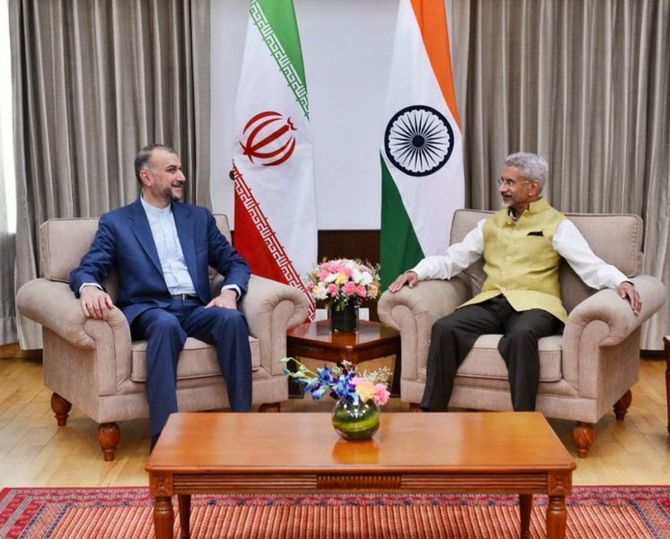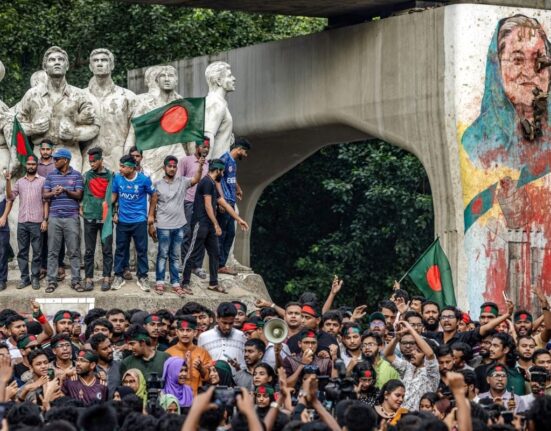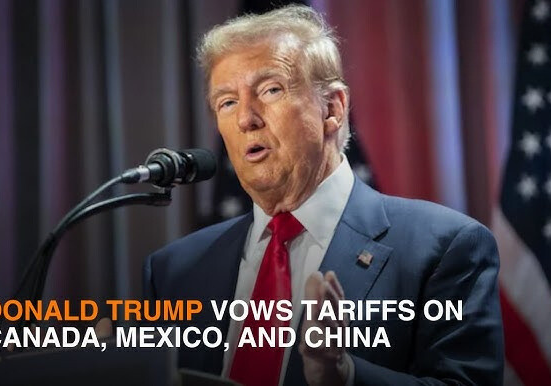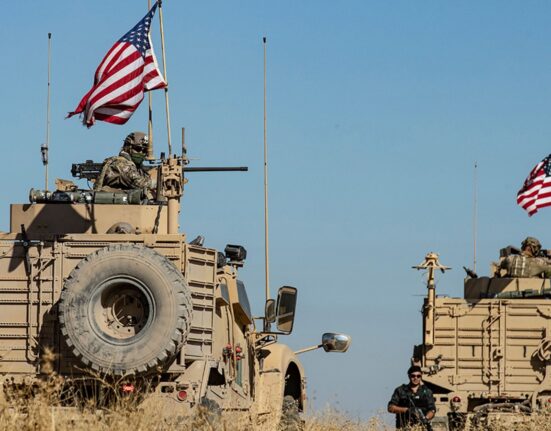Dr. S. Jaishankar’s visit to Iran on January 14-15, 2024, represents a significant diplomatic engagement between India and Iran. As India’s External Affairs Minister, Dr. Jaishankar’s discussions with Iran’s Foreign Minister, Dr. Hossein Amir-Abdollahian, are set to cover a wide range of topics, including bilateral relations, regional issues, and global affairs.
The potential role of India in influencing the situation between Hamas and Israel, particularly through this visit, is an interesting aspect to consider. While India has historically maintained a balanced approach in Middle Eastern politics, any direct involvement in the Hamas-Israel conflict, especially through mediation or diplomatic pressure, would mark a notable shift in its foreign policy.
India’s approach towards Iran and the broader Middle East has been characterized by a focus on political cooperation, connectivity initiatives, and cultural ties. If Dr. Jaishankar’s visit includes discussions about the Hamas-Israel conflict, it could indicate India’s increasing willingness to engage in regional peace and stability efforts.
It is important to note that the dynamics of the Hamas-Israel conflict are complex and involve multiple regional and international actors. The involvement of a country like India, known for its non-aligned and independent foreign policy, in any mediation or diplomatic efforts would be significant. However, the specifics of such involvement, if any, and its potential impact on the conflict would depend on the diplomatic strategies adopted and the responses of the involved parties.
India’s potential role in mediating between Hamas and Israel, with Iran’s help, is a complex and sensitive diplomatic endeavor. It’s important to note that Hamas is designated as a terrorist organization by several countries, including the United States and the European Union. This designation significantly impacts the dynamics of any mediation effort involving Hamas.
In considering how India could help find a middle ground in this scenario, several factors come into play:
Neutral Diplomatic Stance: India has maintained relationships with both Israel and Palestine. This neutral stance might allow India to act as a mediator. However, India’s involvement would need to be accepted by all parties involved, including Hamas and Israel.
Leveraging Iran’s Influence: Iran has significant influence over Hamas. If India were to engage in mediation efforts, leveraging Iran’s relationship with Hamas could be crucial. However, this would require careful diplomacy, considering Iran’s complex relationship with Israel and the broader geopolitical tensions in the region.
International Support: For any mediation to be effective, it would require the backing of the international community, including major powers and regional stakeholders. India would need to work closely with other countries to ensure a coordinated and unified approach.
Addressing Core Issues: Any mediation would need to address the core issues at the heart of the Hamas-Israel conflict, including security concerns, territorial disputes, and political recognition. This would require a deep understanding of the historical and current dynamics of the conflict.
Humanitarian and Developmental Assistance: India could leverage its strengths in providing humanitarian aid and development assistance as a means to build goodwill and trust between the parties.
Creating Communication Channels: Establishing direct or indirect communication channels between Hamas and Israel, possibly facilitated by Iran, could be a first step towards de-escalation and dialogue.
It’s essential to recognize the highly sensitive and complex nature of this issue. Any mediation effort would require careful, patient, and sustained diplomatic efforts, with a clear understanding of the interests and concerns of all parties involved. The role of countries like India, which have generally maintained a distance from Middle Eastern conflicts, would be unprecedented and would need to be approached with caution and strategic foresight.











Leave feedback about this